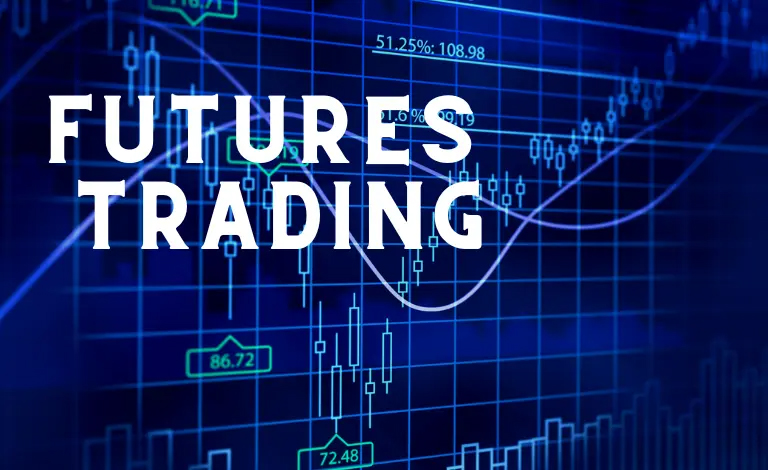What is Futures?
A futures contract is a standardized agreement between two parties to buy or sell a specific asset at a
predetermined price on a future date. It's considered a derivative because its value is derived from the
price of the underlying asset. Futures contracts are traded on exchanges and are essential components
of the futures market, used for both speculation and hedging.
Here's a more detailed explanation:

Key Characteristics of a Futures Contract:
Standardized
Unlike forward contracts, futures contracts are standardized in terms of quantity, quality, and delivery
date, making them easily tradable on exchanges.
Exchange-Traded:
Futures contracts are traded on regulated exchanges, ensuring transparency and liquidity.
Obligation to Buy or Sell:
Both the buyer and seller are obligated to fulfill the contract's terms on the agreed-upon date.
Underlying Asset
The asset that is bought or sold in the futures contract can be a commodity (like oil or gold), a financial
instrument (like a stock index or currency), or even a weather derivative.
Predetermined Price
The price at which the asset will be bought or sold is set at the time the contract is created, known as
the futures price or delivery price.
Future Delivery Date
The delivery of the asset (or cash settlement) will occur on a specific date in the future.
Daily Settlement
Futures contracts are typically marked to market daily, meaning profits and losses are settled daily
based on the changes in the contract's price.
How Futures Contracts are Used:
Hedging
Futures contracts can be used to manage price risk. For example, a farmer might sell futures contracts to
lock in a price for their crops, protecting them from a potential price drop before harvest.
Speculation
Investors can buy or sell futures contracts to profit from anticipated price movements in the underlying
asset.
Price Discovery
The price of futures contracts on an exchange can provide insights into the market's expectations for
future prices of the underlying asset.
Example:
Imagine an oil producer who is concerned about a potential drop in oil prices before they can sell their oil. They could sell (short) oil futures contracts for a specific delivery month. If the price of oil falls, the producer will make a profit on their futures contracts (since they sold high and can buy back low), offsetting some or all of the loss from selling the physical oil at a lower price. Conversely, if the price of oil rises, the producer will incur a loss on the futures contracts but will benefit from selling the physical oil at the higher price.
Types of Financial Derivatives
future
A future contract is an agreement to buy or sell an asset at a future date
Forwards
Forwards are futures contracts that didn't trade on an open exchange. Each forward contract is a custom contract between the two parties
Options
The stock option gives you the right, but not the obligation to buy or sell the stock at the strike price by the expiration date of the option
Swaps
Swaps are typically used to hedge interest rates

